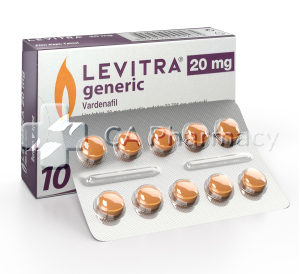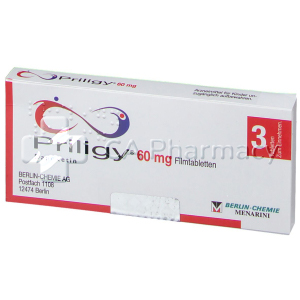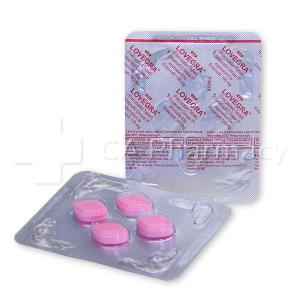What is Ventolin?
Ventolin is a widely recognized brand name for a medication called albuterol. It belongs to a class of drugs known as bronchodilators, which are primarily used to treat and manage symptoms related to respiratory conditions such as asthma and chronic obstructive pulmonary disease (COPD).
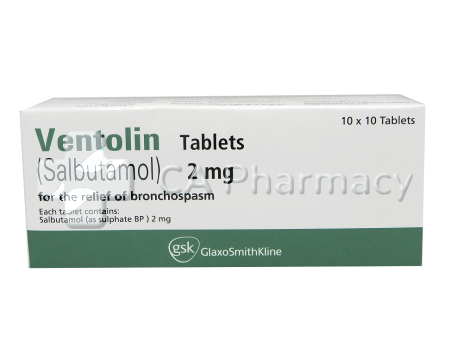
Ventolin works by relaxing the muscles in the airways, allowing them to open up and improve airflow into the lungs. This helps alleviate symptoms like wheezing, shortness of breath, chest tightness, and coughing associated with these respiratory conditions.
It is commonly available in the form of an inhaler or aerosol spray, making it easy for individuals to administer the medication directly into their lungs. Ventolin is considered a fast-acting medication that provides quick relief during asthma attacks or other breathing difficulties.
It is important to note that Ventolin should be used as directed by a healthcare professional. The dosage and frequency of use may vary depending on individual needs and medical conditions. It is always advisable to consult with a doctor or pharmacist for proper guidance on using Ventolin effectively and safely.
In summary, Ventolin is an effective bronchodilator medication that helps manage symptoms associated with respiratory conditions such as asthma and COPD. Its ability to quickly relieve breathing difficulties makes it an essential treatment option for those who experience these conditions.
Ventolin Salbutamol - Dosage
When it comes to managing respiratory conditions such as asthma, Ventolin Salbutamol has proven to be an effective medication. However, understanding the correct dosage is crucial for ensuring its optimal benefits and avoiding any potential risks.
The dosage of Ventolin Salbutamol may vary depending on factors such as age, severity of the condition, and individual response to the medication. It is always recommended to consult a healthcare professional before starting or adjusting the dosage.
- For adults and children over 12 years old, the usual recommended dose is 1-2 puffs (100-200 micrograms) every 4-6 hours as needed. However, it's important to note that exceeding more than 8 puffs in a 24-hour period should be avoided unless specifically instructed by a healthcare provider.
- In children aged between 4-11 years old, the typical dose is usually 1 puff (100 micrograms) up to four times daily. For children under 4 years old, a lower dose may be prescribed based on their specific needs.
It's essential to follow the prescribed dosage instructions carefully and not exceed the recommended limits. Overuse of Ventolin Salbutamol can lead to adverse effects such as increased heart rate or tremors. If symptoms persist or worsen despite following the prescribed dosage, it's important to seek medical advice promptly.
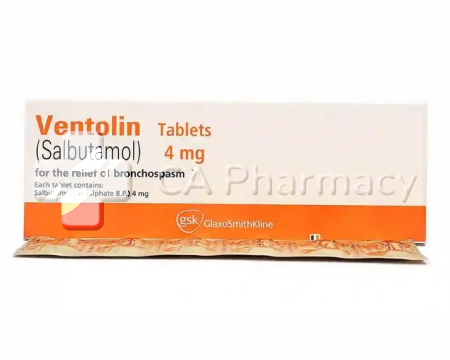
Ventolin - Side effects
Ventolin, a widely prescribed medication for respiratory conditions such as asthma, has proven to be effective in providing relief to millions of people worldwide. However, like any medication, it is important to be aware of its potential side effects.
While Ventolin is generally well-tolerated by most individuals, there are some possible side effects that may occur. These side effects can vary in severity and frequency from person to person.
One common side effect of Ventolin is tremors or shaking hands. This can be mild and temporary or more pronounced depending on the individual's sensitivity to the medication. It is important to note that these tremors usually subside as the body adjusts to the medication.
Another potential side effect of Ventolin is an increased heart rate or palpitations. This occurs because Ventolin works by relaxing the muscles in the airways, which can also affect other muscles in the body including those around the heart. While this side effect typically resolves on its own, it is recommended to consult a healthcare professional if you experience any concerning symptoms.
In rare cases, some individuals may experience allergic reactions to Ventolin. These reactions can manifest as:
- Skin rashes;
- Itching;
- Swelling of the face or throat;
- Difficulty breathing;
If you experience any signs of an allergic reaction after using Ventolin, seek immediate medical attention.
It is important for individuals using Ventolin to be aware of these potential side effects and report any unusual symptoms or concerns to their healthcare provider. Remember that each person's response to medication can vary and it is essential to follow your doctor's instructions regarding dosage and usage.















